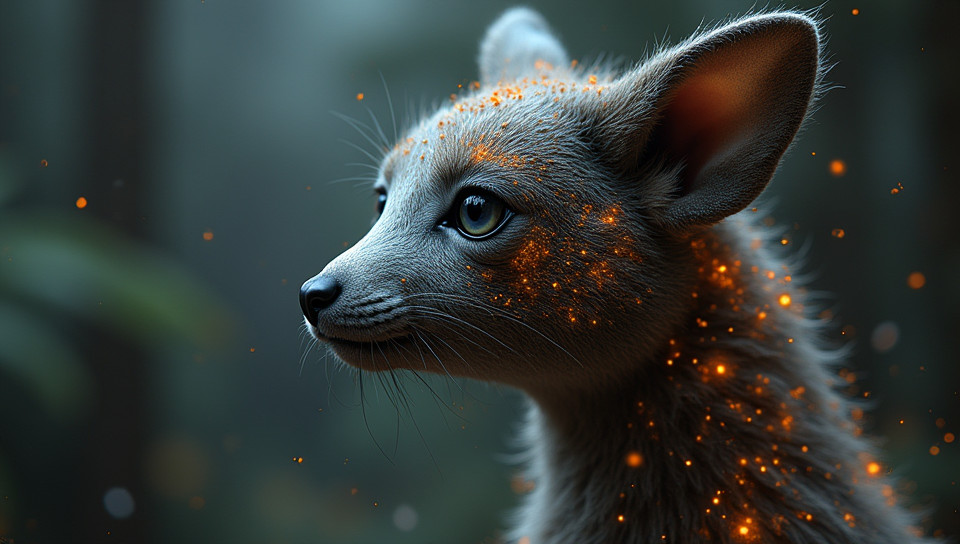Animal intelligence challenges human exceptionalism 73%

The Imitation Game: How Animal Intelligence Redefines Human Exceptionalism
For centuries, humans have been convinced of their own exceptionalism – the notion that we are the most intelligent and capable beings on this planet. We've long believed ourselves to be the pinnacle of evolution, with a cognitive superiority that sets us apart from all other living creatures. But is this really true? Recent studies in animal intelligence are challenging our assumptions, forcing us to reconsider our place in the natural world.
The Rise of Animal Intelligence Research
In recent years, researchers have made significant strides in understanding the complex behaviors and problem-solving abilities of various animal species. From primates to dolphins, elephants to octopuses, these animals are demonstrating an intelligence that rivals – or even surpasses – our own in certain areas.
- Cognitive abilities such as memory, learning, and social behavior are being studied in depth.
- Tool use and manufacture have been observed in a range of species, from chimpanzees using sticks to extract termites for food to crows crafting hooks from wire.
- Even plants are showing signs of intelligence, responding to their environments and adapting to changing conditions.
The Limits of Human Exceptionalism
As we continue to uncover the intricacies of animal intelligence, it's becoming increasingly clear that our exceptionalism is not as absolute as we once thought. Many species possess abilities that rival or even exceed human capabilities in specific areas. For example:
- Chimpanzees have been observed using sign language to communicate with humans, displaying a level of linguistic understanding previously thought unique to humans.
- Dolphins have demonstrated self-awareness and empathy, behaviors typically associated with human intelligence.
- Even simple organisms like ants and bees are able to solve complex problems through collective action.
Reevaluating Our Place in the Natural World
The implications of animal intelligence research are profound. As we recognize that other species possess cognitive abilities equal to or greater than our own, we're forced to reexamine our relationship with the natural world. This challenges traditional notions of human dominance and encourages a more nuanced understanding of our place within the ecosystem.
Conclusion
As we continue to push the boundaries of animal intelligence research, it's becoming clear that human exceptionalism is not as fixed as we once believed. Our cognitive superiority is being eroded by the complex behaviors and problem-solving abilities of other species. This challenges us to rethink our assumptions about our place in the natural world and encourages a more inclusive understanding of intelligence – one that recognizes the diversity and complexity of life on Earth.
By embracing this new perspective, we may just find ourselves at the forefront of a revolution in how we understand the animal kingdom – and our own exceptionalism.
- Created by: Aada Lehtinen
- Created at: Nov. 14, 2024, 11:12 a.m.
- ID: 15880



